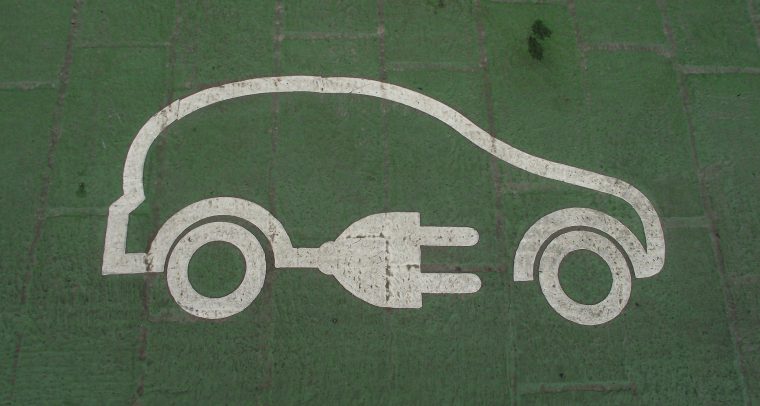New Battery Tech Would Have You Fill EVs Like a Gas Car

Photo: byronv2
One of my hobbies as a car writer is to look into emerging electric car battery technology. And, as the demand from automakers for a viable way to make electric vehicles that are just as capable and convenient as gas vehicles has risen, I have gotten plenty of opportunity to do so. One recent development, for example, emerged from Scotland, where researchers tweaked an existing battery called a flow battery to potentially work in cars.
How To: Here is how the carpool lane works
How it works
Flow batteries work using the same reactions as regular batteries. In a conventional battery, you push a charge across an electrolyte until there isn’t any charge left in it, and then you force charge the other direction to recharge. Crucially, all the pieces of the reaction stay in place.
A flow battery, by comparison, uses a pump to push liquid electrolyte through the battery. In theory, this can let you produce a lot of power by using a lot of electrolyte liquid. However, so far, the electrolytes used for these batteries can’t hold enough energy to make them useful in a car—you would need a huge tank of electrolyte to work. A research team at the University of Glasgow, though, has announced that it has created a much more energy-dense electrolyte liquid—holding about 10 times the energy that old solutions could.
Getting Better: These tips will help you avoid hitting animals in the road
Using it in cars
This is all pretty technical stuff, but here’s the bottom line: using this system, you would refill your electric car much the same way you do a gas car. You pump the spent electrolyte out at a station, pump in new electrolyte, and off you go. The researchers estimate that a car would need to hold about a normal car gas tank’s worth of electrolyte to get as much range as with a 70-kWh battery. For comparison, the Chevy Bolt has a 60-kWh battery.
Of course, like many battery technology improvements, at present this system is still in the development phase. However, this one has the advantage of potentially using retrofitted gas stations to operate. The head researcher Professor Lee Cronin reports that companies are already contacting him about the technology.
News Source: Phys.org

The News Wheel is a digital auto magazine providing readers with a fresh perspective on the latest car news. We’re located in the heart of America (Dayton, Ohio) and our goal is to deliver an entertaining and informative perspective on what’s trending in the automotive world. See more articles from The News Wheel.

